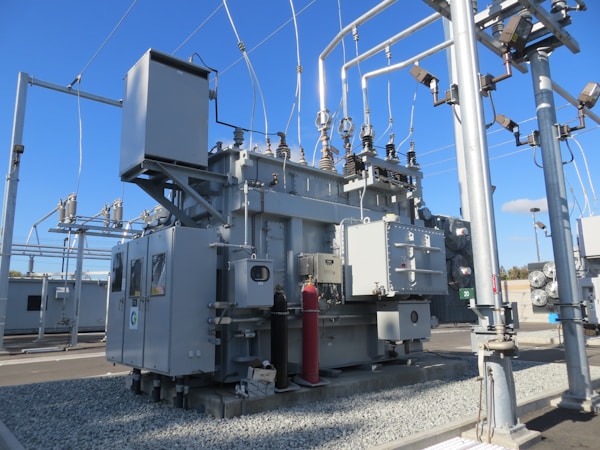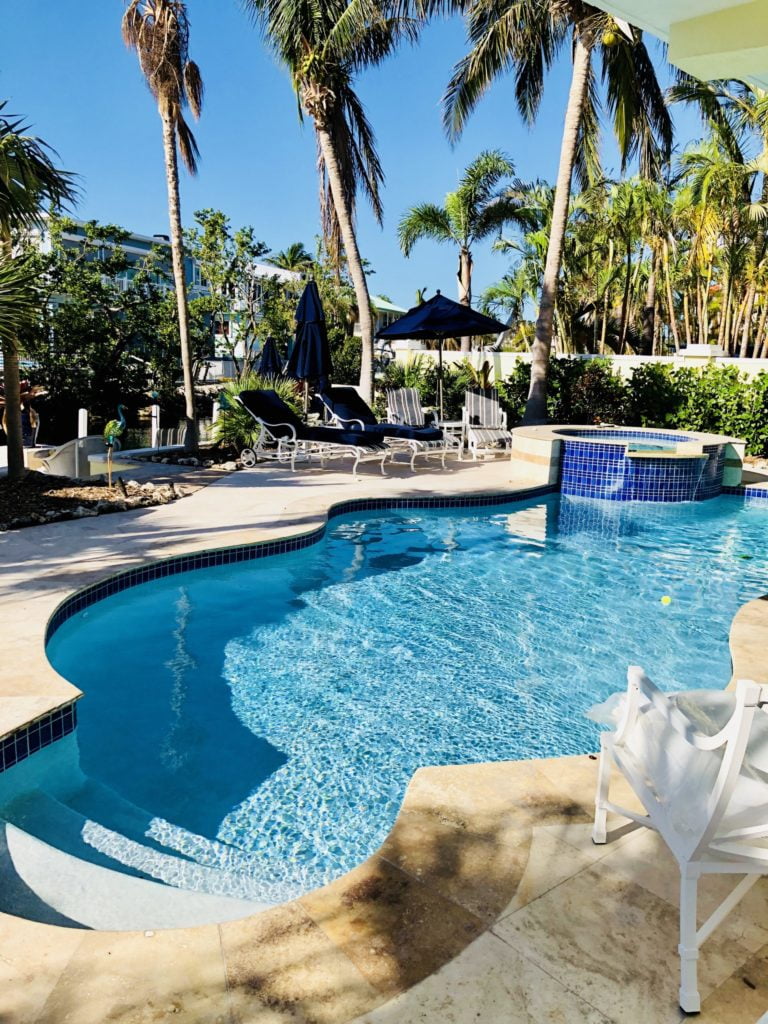As the weather gets warmer, many of us are starting to think about spending more time outdoors and enjoying the sunshine. One way to do achieve this objective is to invest in a real estate property with a swimming pool. However, there are a few things you should consider before making this type of investment. In this article, we will discuss the pros and cons of investing in a real estate property with a swimming pool. We will also provide some tips on what to look for if you are considering this type of real estate investment.
Increased Electricity Usage

A swimming pool can increase a property’s electricity usage by up to $300 per month, depending on the size of the pool and the climate. In warm climates, a swimming pool can increase a property’s electricity usage by up to $400 per month. If you want to decrease your electricity usage, investing in a R3TRACT pool deck will help your costs. R3TRACT pool decks can eliminate up to 70% of the electricity usage and costs of a pool.
Increased Chance of Water Damage

There is an increased chance of water damage when you invest in a real estate property with a swimming pool. Pools require a lot of maintenance, and if that maintenance isn’t done properly, it can lead to water damage. Pool pumps, filters, and other equipment need to be regularly cleaned and inspected, and the water itself needs to be properly balanced and treated. If any of these things are not done properly, it can lead to water damage.
Research The Costs

There are a few things to consider when researching the costs of adding a swimming pool to a property. The first is the cost of the pool itself, which can vary depending on the size and type of pool. There may also be costs associated with permits, installation, and landscaping. In addition, there will be ongoing costs to maintain the pool, including chemicals, cleaning, and repairs. Homeowners should factor all of these costs into their overall budget when deciding whether or not to add a pool.
Instead of investing alone in a real estate property with a pool, consider investing through real estate syndication. Real estate syndication is the pooling of investment funds from a number of different sources in order to purchase a property or properties. The investors in a syndication can be individuals, groups of friends, family members, or other investors. The syndicator is the person who brings the investors together and manages the investment.
There are a number of reasons why someone might want to invest in property through a syndication. Perhaps the investors do not have the funds to purchase a property outright, or they may not have the time or knowledge to manage the property themselves. Syndications can also provide investors with access to larger and more expensive properties than they would be able to purchase on their own.
When investing in a property through a syndication, it is important to understand the risks and rewards involved. The syndicator will likely take a cut of the profits generated by the property, so investors should make sure they are comfortable with the proposed return on investment. It is also important to research the syndicator thoroughly and to ask lots of questions before investing.
Assess Your Needs

When it comes to swimming pools, there are a few things you need to assess before deciding if it is the right investment for you. First, consider how often you will use the pool and what kind of swimming you will be doing. If you are looking to use the pool for fitness or laps, a smaller pool might be a better fit. If you are looking to relax and cool off in the summer, a larger pool might be a better option.
Next, think about the cost of installing and maintaining a pool. Pools can be a costly investment, so make sure you are able to afford both the installation and the monthly upkeep. Also, consider the amount of time you will need to spend cleaning and caring for the pool. If you do not have the time or desire to maintain a pool, it might be better to skip this investment.
Finally, take into account your home’s location and climate. If you live in an area with cold winters, you will not be able to use the pool as often as someone who lives in a warmer climate. Also, if your home does not have a lot of yard space, a pool may not be the best option.











